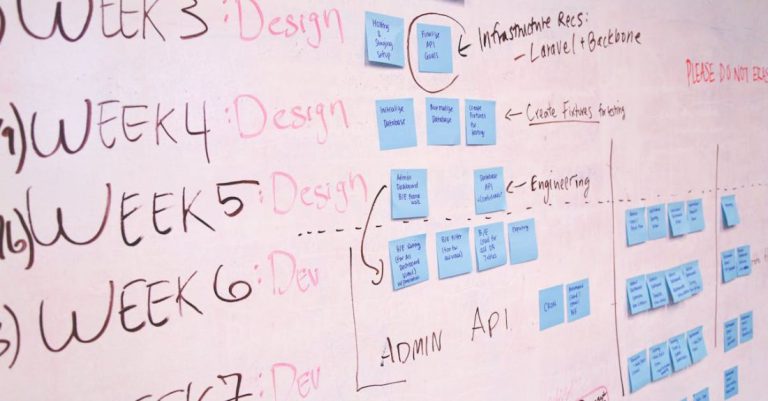
Creating an effective plan is essential for achieving your goals and staying organized in both personal and professional aspects of life. A well-thought-out plan can help you prioritize tasks, manage your time efficiently, and ultimately lead to successful outcomes. Whether you are planning a project, setting personal goals, or organizing your daily schedule, having a solid plan in place is key. In this article, we will explore some key strategies on how you can create an effective plan that sets you up for success.
Set Clear Objectives
The first step in creating an effective plan is to set clear and specific objectives. Clearly defining what you want to achieve will provide you with a clear direction and purpose. When setting your objectives, make sure they are realistic, measurable, and achievable within a certain timeframe. Having clear objectives will help you stay focused and motivated throughout the planning process.
Identify Key Tasks and Prioritize
Once you have established your objectives, the next step is to identify the key tasks that need to be completed to reach your goals. Break down your objectives into smaller, manageable tasks and prioritize them based on their importance and urgency. By prioritizing tasks, you can focus on what needs to be done first and avoid feeling overwhelmed by a long list of to-dos. Consider using tools like to-do lists or project management software to help you stay organized and on track.
Create a Timeline
Creating a timeline is crucial for keeping your plan on schedule and ensuring that you meet your deadlines. Break down your tasks into smaller subtasks and assign realistic timeframes to each of them. Be sure to account for any potential obstacles or delays that may arise along the way. Having a timeline will help you stay organized, track your progress, and make any necessary adjustments to your plan as needed.
Allocate Resources Wisely
Effective planning also involves allocating resources such as time, money, and manpower wisely. Consider what resources you will need to complete each task and ensure that you have access to them when needed. If resources are limited, prioritize them based on the tasks that are critical to achieving your objectives. Being mindful of your resources will help you avoid unnecessary delays and ensure that your plan stays on track.
Monitor Progress and Make Adjustments
Monitoring your progress is essential to ensure that your plan is working effectively. Regularly review your plan, track your progress against your timeline, and make adjustments as needed. If you encounter any obstacles or setbacks, don’t be afraid to reassess your plan and make necessary changes to keep moving forward. Being flexible and adaptable is key to successfully implementing your plan and achieving your goals.
Stay Committed and Stay Positive
Creating an effective plan is only the first step; staying committed and positive throughout the execution phase is equally important. Keep yourself motivated by focusing on the end goal and celebrating small victories along the way. Remember that setbacks are a natural part of any plan, and it’s essential to stay resilient and keep pushing forward. Surround yourself with a supportive network of friends, family, or colleagues who can help keep you accountable and provide encouragement when needed.
In Summary
Creating an effective plan requires careful consideration, clear objectives, and strategic thinking. By setting clear objectives, identifying key tasks, creating a timeline, allocating resources wisely, monitoring progress, and staying committed, you can create a plan that sets you up for success. Remember that effective planning is a dynamic process that may require adjustments along the way. With dedication, perseverance, and a positive mindset, you can turn your plans into reality and achieve your goals.





